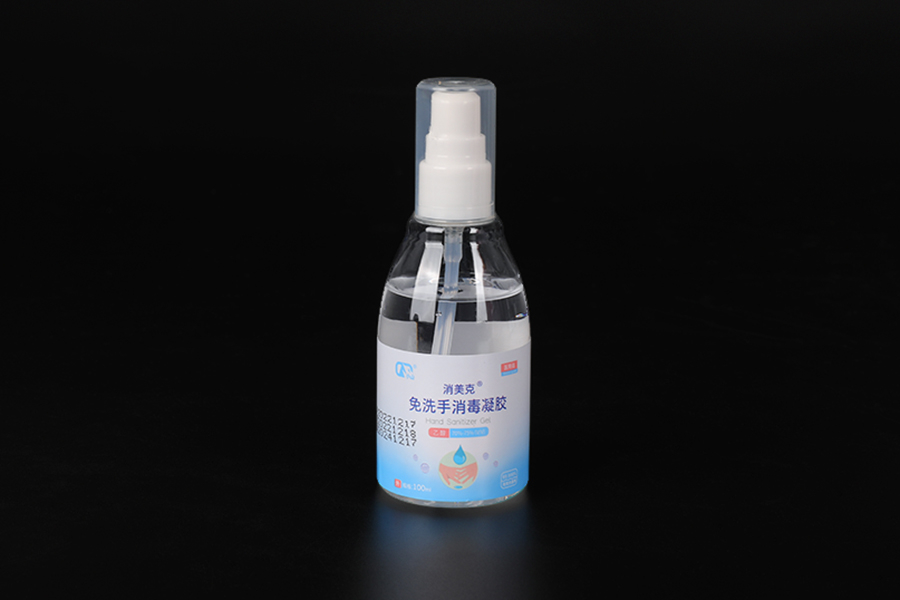Hand sanitizer gels can affect different skin types in various ways, and their suitability for sensitive skin depends on several factors:
Alcohol Content:
The alcohol content in hand sanitizers can be drying for some skin types, especially if used frequently. This can be more pronounced for individuals with dry or sensitive skin.
Moisturizing Agents:
Many hand sanitizers include moisturizing agents like glycerin, aloe vera, and vitamin E to counteract the drying effects of alcohol. These ingredients can be beneficial for all skin types, including sensitive skin.
Fragrances and Dyes:
Fragrances and dyes can be potential irritants for sensitive skin. Hand sanitizers that are fragrance-free and dye-free are generally a safer choice for those with sensitive skin.

pH Level:
The pH level of a hand sanitizer can affect its suitability for sensitive skin. Ideally, it should be close to the natural pH of the skin, which is slightly acidic (around 5.5).
Skin Barrier Function:
Frequent use of hand sanitizers can potentially disrupt the skin's barrier function, especially in individuals with compromised skin or those who already have a weakened skin barrier.
Allergic Reactions:
Some people may have allergies or sensitivities to specific ingredients in hand sanitizers, which can cause skin reactions such as redness, itching, or irritation.
Frequency of Use:
The frequency of hand sanitizer use can impact how it affects the skin. For those with sensitive skin, it may be advisable to limit use to when necessary and to wash hands with soap and water when possible.
Skin Testing:
Before using a new hand sanitizer, it's a good idea to perform a patch test on a small area of skin to check for any adverse reactions.
Alternatives:
For individuals with very sensitive skin, there may be alternative options, such as hand sanitizers with lower alcohol content or those based on different active ingredients that are less likely to cause irritation.
Aftercare:
Using a hand cream or moisturizer after using hand sanitizer can help restore the skin's moisture barrier and reduce any potential dryness or irritation.
It's important to remember that everyone's skin is unique, and what works well for one person may not be suitable for another. If you have sensitive skin, it's a good idea to choose a hand sanitizer that is specifically formulated for sensitive skin and to follow the usage instructions carefully. If you experience any adverse reactions, discontinue use and consult with a healthcare provider or dermatologist.

 English
English 中文简体
中文简体








